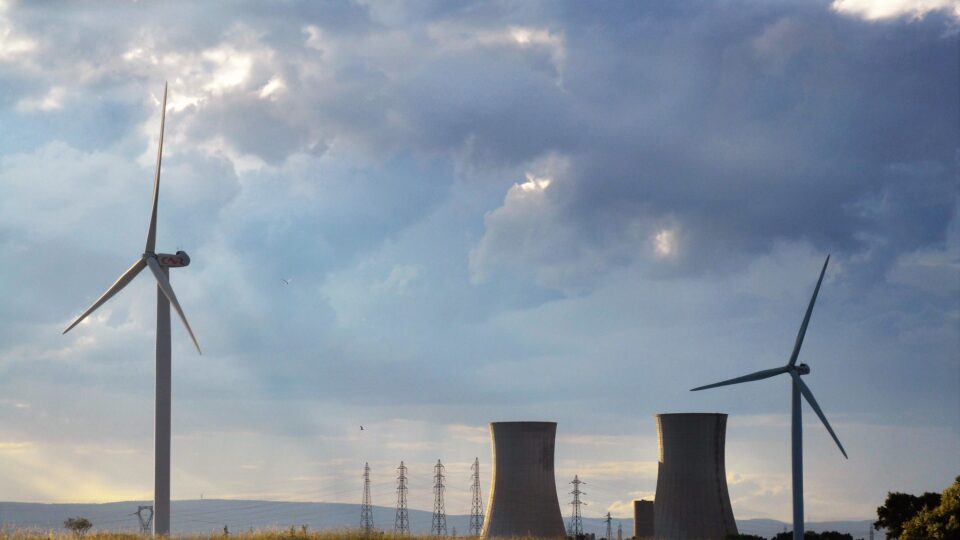One concern that people have in replacing gas-powered vehicles with electric vehicles is the time it takes to charge them. Charging an EV at home from an ordinary 110V electrical outlet is a slow process; installing a 220V outlet speeds things up considerably but it still can take all night to fully charge a car. The driving range of electric cars has increased over the years so that now there are many cars that can go 300 miles or more on a charge. For most people, so-called range anxiety is mostly gone. But on long road trips, charging time can be a real issue.
There are increasing numbers of high-speed chargers along or adjacent to major highways that can provide 200 miles of driving range in less than half an hour. But people want more charge, and they want it faster.
There are multiple efforts in improving EV batteries and charger technology aimed at transforming a visit to a public charger to an experience comparable to filling up at a gasoline station.
Researchers at the University of Waterloo have designed a new kind of lithium-ion battery that will be able to go from zero battery power to 80% in just 15 minutes. This technology would certainly enhance the capabilities of today’s electric cars. However, it is quite possible that other technologies that surpass this performance will emerge in the near future. There is talk across the industry of cars that can charge up in 5 or 10 minutes. There is also the prospect of many cars that can drive 500 miles on a charge. These features would address the needs or desires of all but a very small number of drivers.
**********
Web Links
From zero to 80 per cent in just 15 minutes
Photo, posted May 7, 2022, courtesy of Sharon Hahn Darlin via Flickr.
Earth Wise is a production of WAMC Northeast Public Radio
















